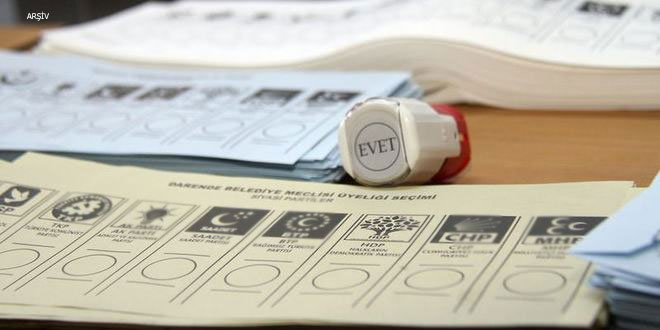It’s been a week since the Turkish general elections. Unlike the previous elections or referenda of the past 12 years, this one was not a clear victory for AKP or the party’s de facto leader Erdogan. Turkish politics has so far been characterized with the country’s rather obnoxious former PM and current president Erdogan, but this is presumably changing. So here’s a quick overview of what all international young liberals need to know about the Turkish elections.
First things first: an electoral threshold of 10% is the first thing you need to know, which is also the highest in the world. Obviously this is rather unfair. In 2002, for instance, only two parties (AKP and CHP) crossed the threshold, leaving all other parties outside the parliament and 46,3% of the votes without representation. This was also the first time the AKP ran in an election but still managed to form a majority government, for which you need at least 276 seats. Since then there have only been AKP governments. Early years of the AKP rule saw a series of democratic reforms and an economic boom, but in the last couple of years there has been a shift towards authoritarianism and also recently an economic downturn.
Now remember that 276 is the minimum number of seats necessary to form a majority government. While AKP gained 40.87% of votes in the last election, the party was allocated only 258 seats as the democratic socialist pro-Kurdish HDP also crossed the 10% as the fourth party securing 80 seats (see the full results here). That’s the magic of electoral arithmetic for you.
There’s also some good news in terms of the new parliament’s representative power. While the gay and transgender candidates failed to win seats, 96 women, 3 Armenian, 1 Assyrian, 1 Yazidi and 1 Roma have now become MPs. Of course, this has a great symbolic value. But as liberals we know that symbolic representation is not the same as substantive representation. It does not necessarily follow that higher the number of female MPs, the more advanced the women’s rights in the country. It is entirely possible to assume that female MPs of the conservative stripe will pursue an agenda of family values as they have in the previous parliaments, whereas the male MPs of more progressive convictions better represent the plight of women than their conservative female counterparts.
Back to the ultimate question: what kind of government should we expect now? It is still unclear how the composition of the next government will look. The parties are currently working on ways through which they can preserve their red lines and not give much concession from their party lines as the negotiations will soon take place.
As the biggest party, AKP will get to give the coalition negotiations the first shot. Democratic socialist HDP has clearly ruled out any coalition involving AKP. So that would mean either AKP-MHP (Conservative Government) or AKP-CHP (Grand Coalition) governments. But if AKP fails to form a coalition, then the president Erdogan will ask the second biggest party CHP to lead the government formation talks. If CHP succeeds to form a coalition government without AKP, this will give us what has been recently called the ”Restoration Government”. The purpose of the Restoration Government would be scrapping off the controversial policies AKP has put in place and (re-)strengthening the rule of law in the country, hence the term.
Unlike the rest of Europe with a few notable exceptions such as Belgium, coalition governments are notoriously short-lived in Turkey. It is expected that whatever the composition, the new coalition government will collapse before reaching the end of its term and therefore snap elections will have to follow. Though one thing is rather clear: this marks, for now, the end of Turkey’s shift towards authoritarianism, and there’s hope for a liberal future.
Ekin Can Genç is a former International Officer of the 3H Movement, the IFLRY member young liberal organisation in Turkey. He holds an MSc in Philosophy and Public Policy from the London School of Economics and is currently based in Brussels, Belgium. You can follow him on twitter @ekinbxl

